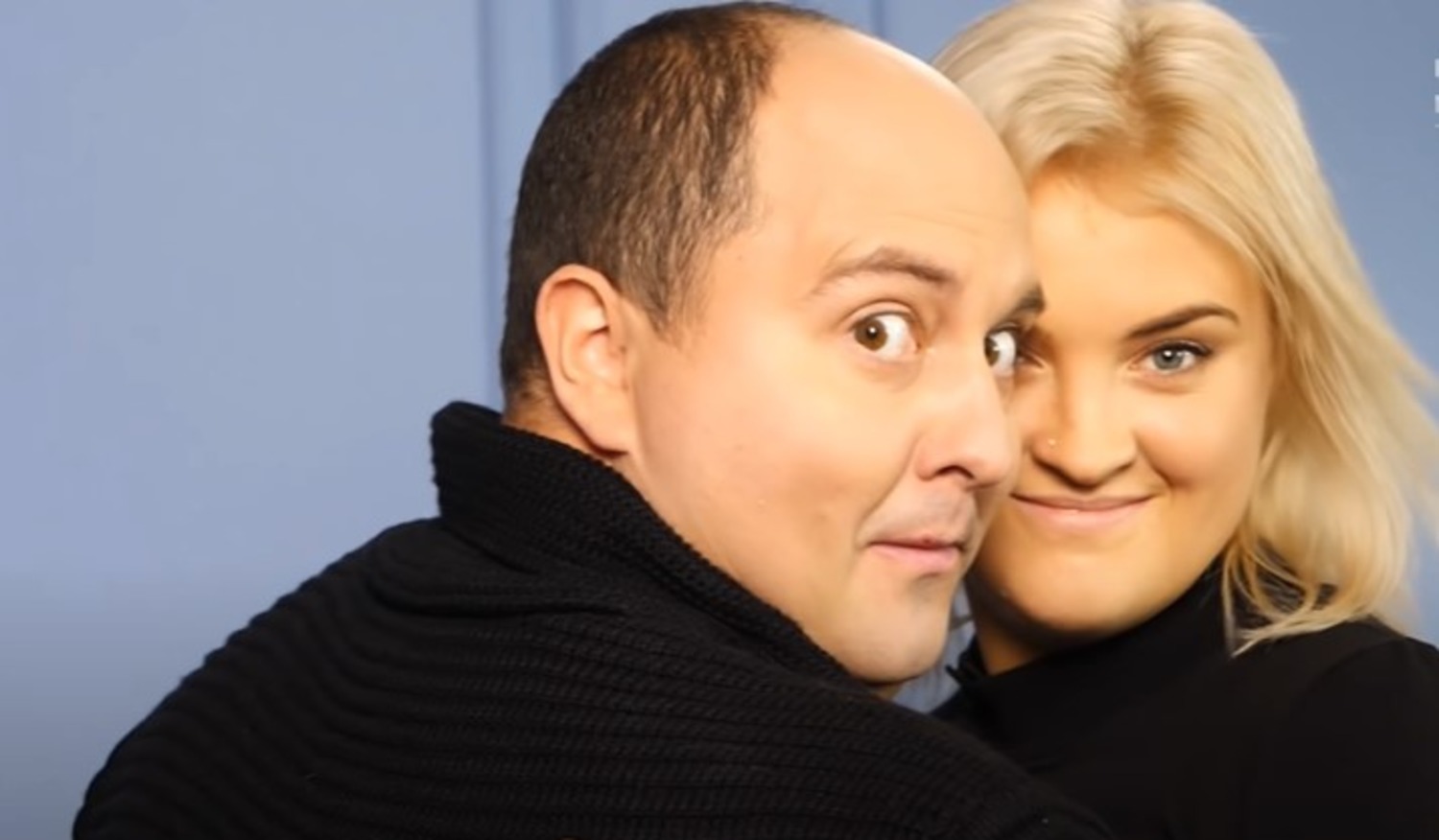Last summer it was closed so that helicopters could put in their buckets and draw water to put out a fire west of the city. The county also closed the woods for hiking, biking and camping, the main activities we do for fun when we’re not sweeping up pine needles dropped by trees in the fall and spring or watering the apple tree we bought when our shared history included learning to have a garden and make cider in the place where we planned to stay forever.
Nothing changes history like the death of a shared dream.
Every summer in Flagstaff, like in Tahoe, fires are a threat. Every year the flames come closer to the city. Snowfall is now measured in inches and not feet. The monsoons didn’t come one summer, but came back later. Erik and I argue about how much rain is too little. How much snow is too little? But we know that at some point this city will be too burned or parched for us to continue living here.
What do you do when your story is that of a drought? That we live in this mountainous desert city is perhaps a punk-rock kind of existence. Mad Max, but we lost our urban punk credibility as soon as we started saying “breast pump” on a daily basis. Now the only pumps we talk about are the ones that draw water from wells that have to be drilled deeper each year.
My friend Rebecca tells us, “Move to Oregon with me.”
I’d be gone in a second. I lived there once. Rebecca, Todd, and I could talk about our old stories of life in Portland: Todd playing the sax, Rebecca painting in a small closet, me hanging out at Powell’s Bookstore, wandering wistfully through the aisles of literature. But Erik doesn’t have a story there. Could you write a new one?
Even if we could write a new story in Oregon, we are still married to our story in Arizona. We’re adjusting to the uncomfortable fact that we’re not going to get out of here, but we can’t stay either. A Schrödinger’s cat kind of love that says we should live in two stories at the same time: one that says climate change is already here and another that says we are here, our family is here, our love is here.
As Erik put it, 2015 was the dry year. As I said, 2012 was the dry year. We are both right. The years continue to be drier. Perhaps we no longer have to discuss droughts and monsoons because, with climate change, the details will matter until they don’t. With climate change comes the realization that all humanity shares the same story.
Will that common story be as broad as a marriage in which our individual stories, in this case, those of an entire planet, can fit as one? One story will not be more important than another, and we will need to hear them all. And we will have to make a lot of noise.
Nicole Walker, a writing professor in Flagstaff, Arizona, is the author of the book Processed Meats: Essays on Food, Flesh, and Navigating Disaster.
–


